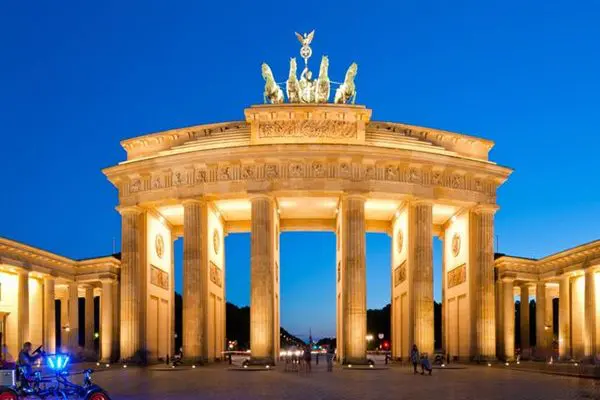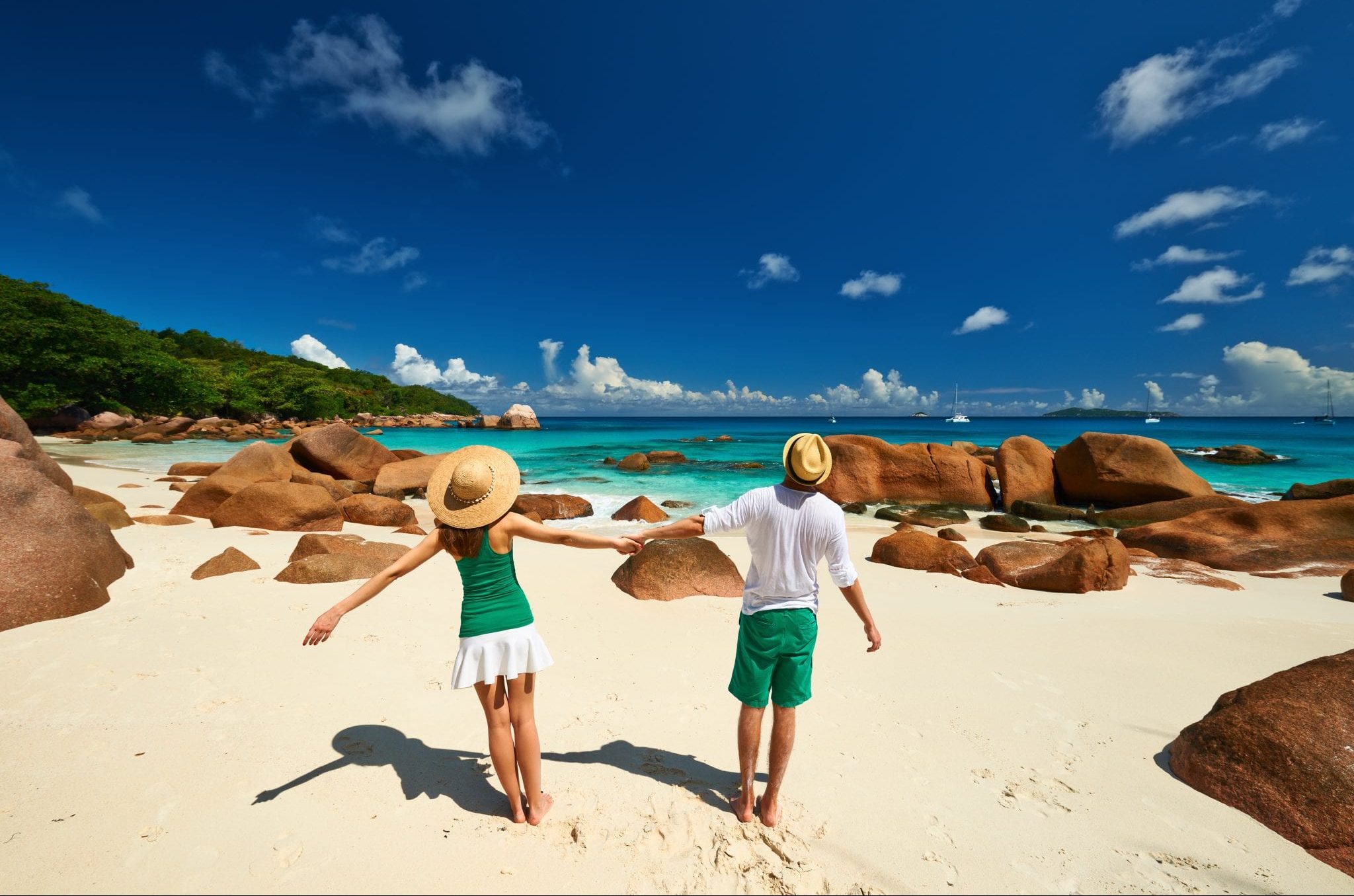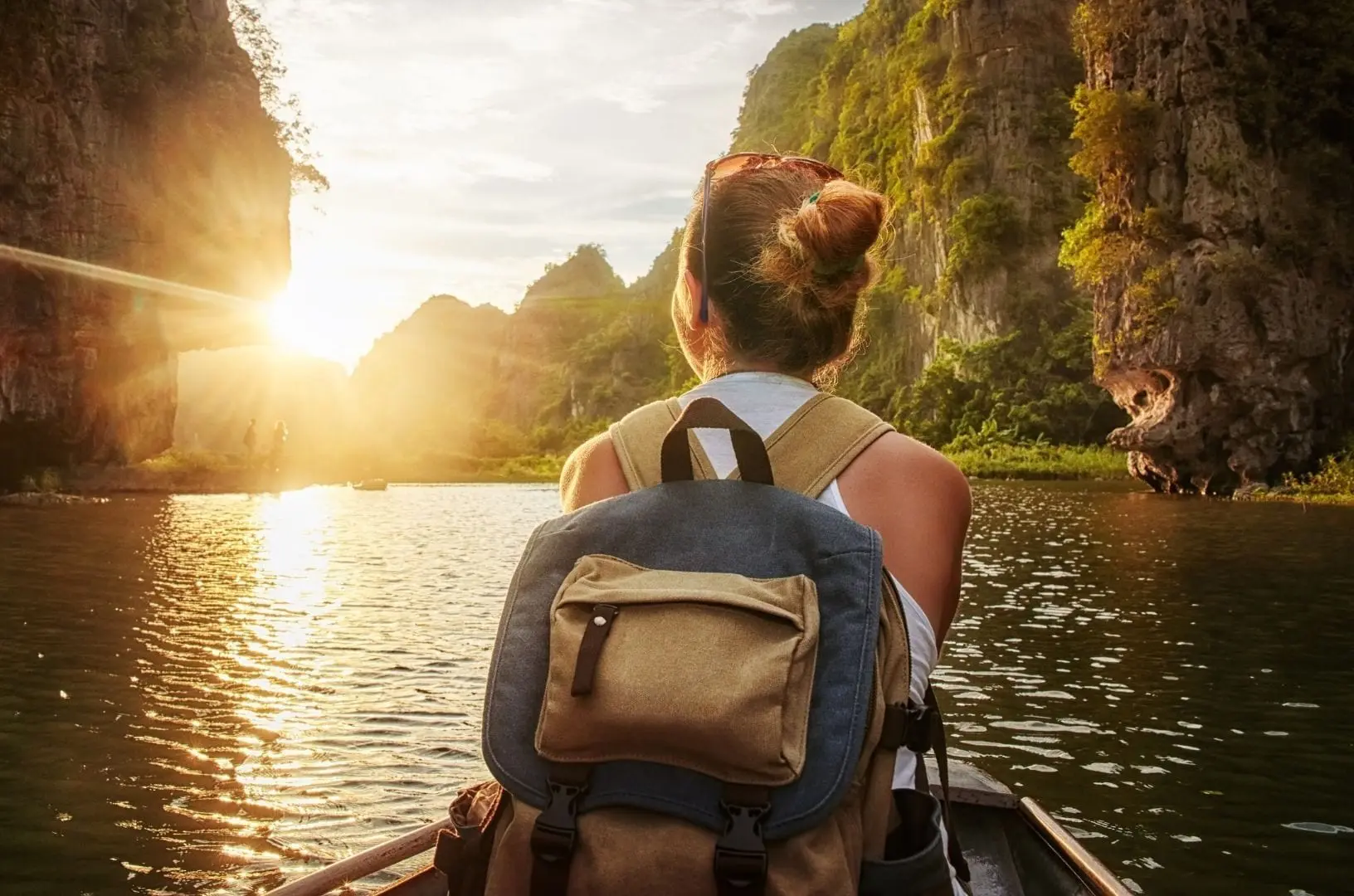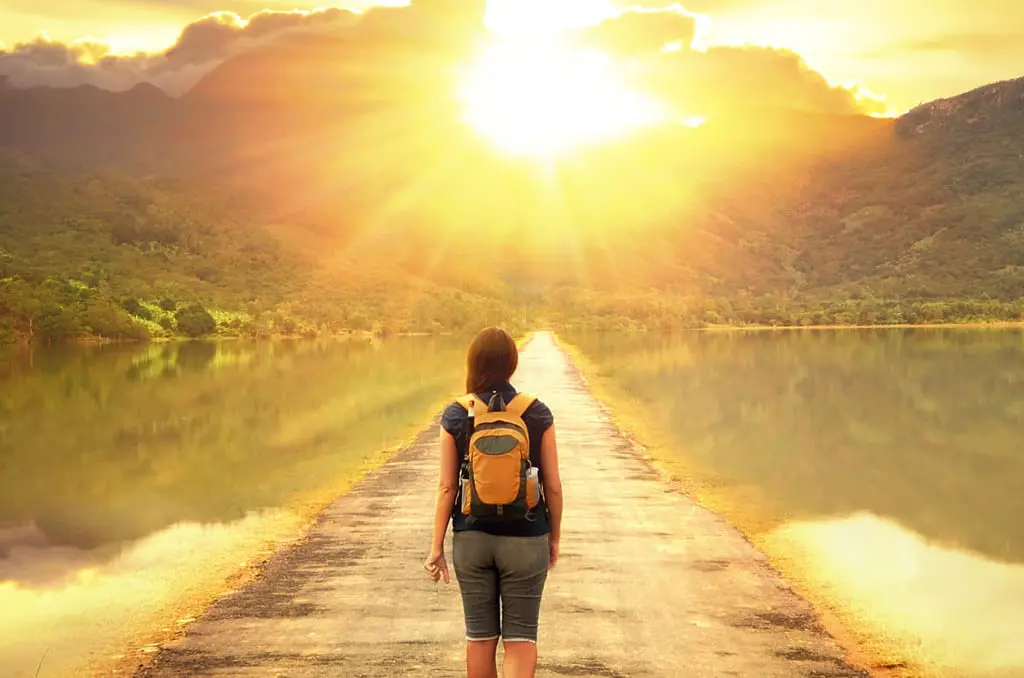Exploring Nepal during Ramadan promises a fascinating blend of cultural richness and spiritual discovery. All you have to do is to get your facts straight before planning your trip.
Are you wondering “Can I visit Nepal during Ramadan?”? Here is all you need to know.

What is Ramadan?
Ramadan, the ninth month of the Islamic lunar calendar, is observed globally by Muslims as a period of fasting, prayer, introspection, and communal unity. It stands among the Five Pillars of Islam, the foundational practices that define a Muslim’s faith and devotion.
This sacred time, varying annually, prompts heightened spiritual dedication. Muslims engage in additional prayers, Quranic recitations, and charitable deeds such as aiding the needy and providing sustenance to the hungry. Eid al-Fitr signals the culmination of Ramadan. People celebrate with fervent prayers, festive gatherings, and the exchange of gifts. This ritual symbolizes the fulfillment of the month-long fast and the spiritual rejuvenation experienced through fasting and devotion.
During Ramadan in Kathmandu, the Muslim community observes fasting, engages in increased prayers and spiritual reflection, and comes together for community Iftar meals. Acts of charity and cultural celebrations also mark the month, contributing to the vibrant tapestry of religious and cultural diversity in Nepal’s capital city.
During Ramadan in Kathmandu, the atmosphere is imbued with a sense of spirituality, community, and cultural richness. Mosques are bustling with worshippers engaged in prayers and recitations, while families and friends gather for Iftar meals, fostering a spirit of unity and fellowship. The city streets come alive with colorful decorations, bustling markets, and the aroma of traditional foods being prepared for the evening meal.
Acts of charity and generosity are prevalent, contributing to a sense of compassion and solidarity among residents. Overall, Ramadan in Kathmandu is a time of reverence, celebration, and shared values, enriching the cultural fabric of the city.
Nepal Ramadan Dates 2024
Beginning: Evening of Sunday, March 10, 2024
Last Day: Tuesday, April 9, 2024
Bakra- Eid: 70th day of Ramadan
How Does Ramadan Affect Travelers to Nepal?

Ramadan can significantly impact travelers to Nepal in several ways. However, with these changes in mind, you will have a comfortable time visiting in Nepal during Ramadan.
- Dining Options: During Ramadan, finding restaurants serving food during daylight hours may be more challenging, especially in areas with a significant Muslim population. Travelers may need to plan their meals accordingly or seek out establishments that cater to non-fasting individuals.
- Cultural Sensitivity: Travelers should be mindful of the religious significance of Ramadan and respect local customs and practices. This includes refraining from eating, drinking, or smoking in public during daylight hours out of respect for those who are fasting.
- Business Hours: Some businesses, especially those owned by Muslims, may have adjusted operating hours during Ramadan. This could impact the availability of services, transportation schedules, and the opening hours of tourist attractions.
- Community Events: Travelers may have the opportunity to witness and participate in Ramadan-related events and activities, such as communal Iftar meals or cultural celebrations. Engaging in these experiences can provide travelers with a deeper understanding of Nepali culture and traditions.
- Accommodations: Hotels and accommodations in Nepal typically remain open during Ramadan, but travelers may encounter differences in service offerings or dining options. It’s advisable to check with your accommodation in advance to understand any adjustments they may have made for Ramadan.
Ramadan in Kathmandu
Ramadan in Kathmandu, Nepal, is a time of spiritual reflection, community bonding, and cultural celebration for the Muslim population. Muslims in Kathmandu observe fasting from dawn until sunset, refraining from food, drink, and other physical needs during daylight hours. Mosques across the city are filled with worshippers performing extra prayers, reciting the Quran, and seeking spiritual growth.
Is Nepal Worth Visiting During Ramadan?

The short answer to the question: Yes! Nepal turns into a celebration of culture and religion during Ramadan. Nepal is worth visiting during Ramadan for travelers seeking a culturally immersive experience. While the country’s predominant religion is Hinduism, Nepal’s diverse population includes a significant Muslim community that observes Ramadan with devotion and cultural richness.
Travelers can witness and participate in Ramadan traditions, such as communal Iftar meals, spiritual gatherings, and cultural celebrations, offering a unique insight into Nepal’s multicultural landscape. Visiting Nepal during Ramadan allows travelers to explore the country’s stunning natural beauty, historical sites, and vibrant cities while experiencing the warmth and hospitality of its people during this special time.
Visiting Nepal During Ramadan Can Be a Wonderful Experience

Cultural Immersion
Ramadan provides a unique opportunity to immerse yourself in Nepal’s multicultural society. While Hinduism is the predominant religion, Nepal’s diverse population includes a significant Muslim community. Experiencing Ramadan in Nepal allows travelers to witness and participate in the cultural traditions and religious practices of the Muslim community, adding depth to their cultural understanding of the country.
Spiritual Atmosphere
Nepal is known for its spiritual ambiance, and during Ramadan, this atmosphere is heightened. Mosques across the country are filled with worshippers engaged in prayers and spiritual reflection. Travelers have the opportunity to join in these spiritual gatherings, gaining insights into the importance of faith and devotion in Nepalese Muslim culture.
Natural Beauty and Adventure
Beyond the cultural and religious aspects, Nepal offers breathtaking natural beauty and thrilling adventure opportunities. From trekking in the Himalayas to exploring ancient temples and vibrant cities, there’s no shortage of experiences to enjoy during a visit to Nepal, even during Ramadan.
Visiting Nepal During Ramadan – FAQs and Facts
Spring (March to May) is considered one of the best times to visit Kathmandu due to the pleasant weather, clear skies, and blooming flowers. The temperatures are mild, making it ideal for outdoor activities such as trekking and sightseeing.
Yes, people do travel during Ramadan, although the extent of travel may vary depending on individual circumstances and cultural practices. While some Muslims may choose to stay closer to home during Ramadan to observe fasting and participate in religious activities with their community, others may still travel for various reasons such as business, family visits, or tourism.
Muslims in Kathmandu, like Muslims around the world, break their fast at sunset with a meal called Iftar. The Iftar meal typically begins with the consumption of dates and water, following the tradition of Prophet Muhammad, and then proceeds with a variety of dishes. In Kathmandu, the specific foods served for Iftar may vary depending on cultural traditions and personal preferences, but common items include savory snacks, fruits, soups, bread, rice dishes, and sweets.
Visiting Kathmandu during Ramadan can be a rewarding experience for travelers interested in cultural immersion and observing religious traditions. While Nepal is primarily a Hindu-majority country, Kathmandu’s diverse population includes a significant Muslim community that observes Ramadan with devotion and cultural richness. During this time, travelers can witness and participate in Ramadan traditions such as communal Iftar meals, spiritual gatherings, and cultural celebrations, offering a unique insight into Nepal’s multicultural landscape.
If you’re considering traveling to Nepal during Ramadan, it’s essential to respect and honor the local customs and traditions. Explore Nepal Tours offered by various travel agencies and start planning your journey today!
 Black Friday: 60% Off
Black Friday: 60% Off Croatia Sailing : Save up to 60%
Croatia Sailing : Save up to 60% Ski Bansko : 60% Off
Ski Bansko : 60% Off Central & Eastern Europe Tours: 60% Off
Central & Eastern Europe Tours: 60% Off  Why Travel Talk
Why Travel Talk Travel Talk Blog
Travel Talk Blog Responsible Travel
Responsible Travel Fair Travels with Travel Talk
Fair Travels with Travel Talk